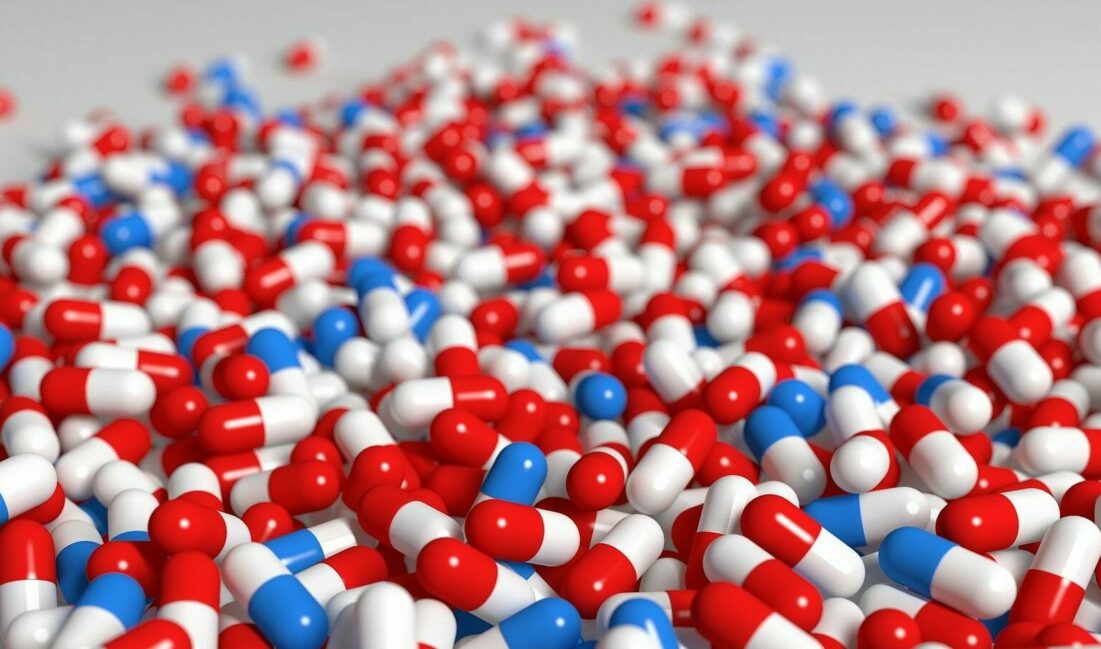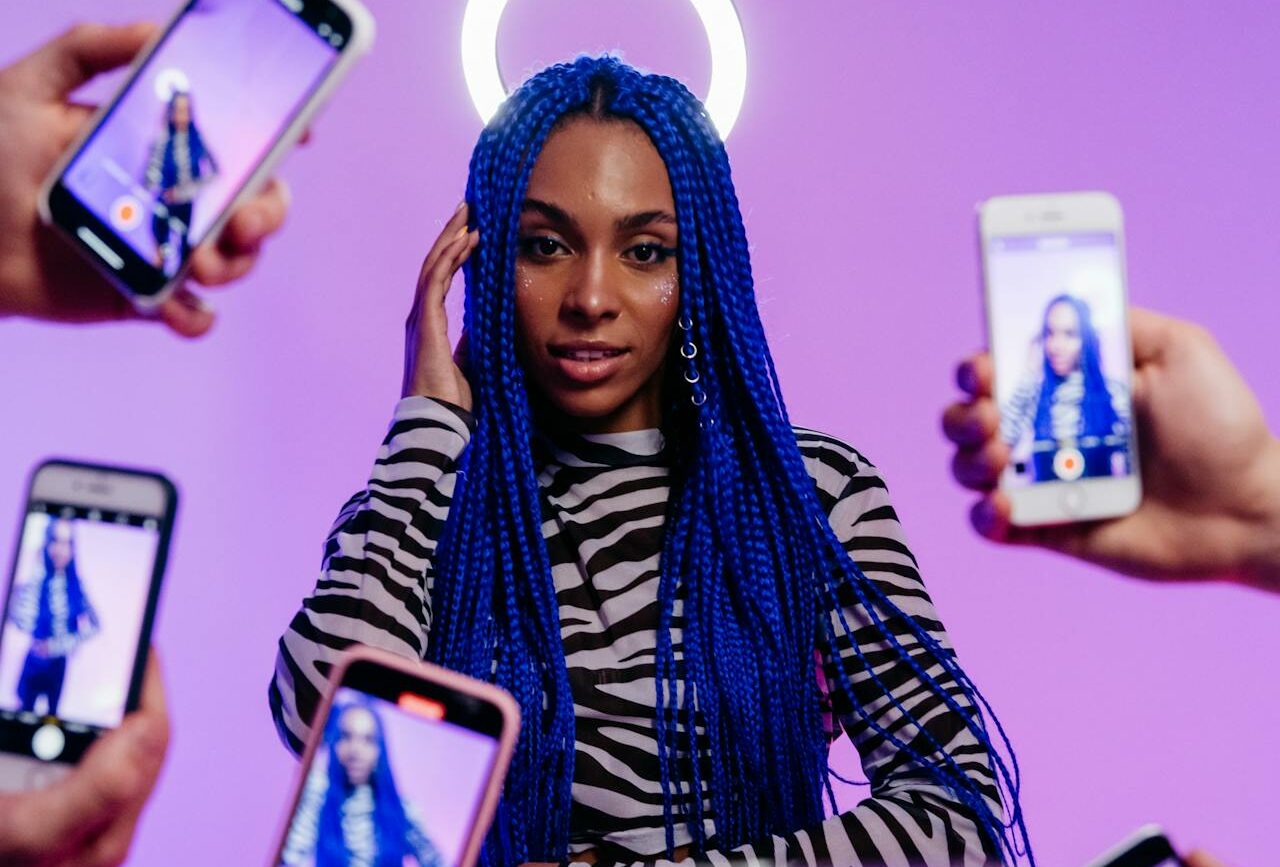Brands are shifting back to celebrity influencers—so what happens to micro-influencers? Discover how data-driven strategies balance reach, authenticity, and sustainability in influencer marketing.

Behavior modification in pharmaceuticals marketing?
We love a quick fix, and marketers know it.
In the FADS book, I wrote about how Big Pharma is leveraging cutting-edge tech to nudge people towards behaviors that earn dividends for drug companies. We all love a quick fix but many treatment plans require longer-term behavior changes for real results so we sometimes need a little help getting there. And the pharmaceutical companies are eager to use everything in their toolkit to help. Aren’t they the best?
“It’s about long-term sustained behavior change,” [behavioral health psychologist D’Arcy King, EVP and chief strategy officer of Daggerwing Health] affirmed. “That’s what is missing in many cases. We don’t necessarily give programs enough time to work or see success or even measurable results coming out of them.”
Our healthcare providers and pharma companies already use what they know about behavior to help nudge us to follow the doctor’s orders and take our medications exactly as prescribed. That success has led many to wonder what they could do with greater access to overall healthcare data and how they might go about collecting it.
Nothing matters more than the brand objectives.
“New technology has shifted the marketing paradigm from one-way messaging and simple reminders paired with education efforts to a new set of tools… Designed right, these advances stand to have a more meaningful impact: helping foster long-term behavior change to support brand objectives.” – Kevin McCaffrey
They know that when we as patients stick to the plan, we are more likely to turn to their products again, and we might even have the kind of positive results we will share with our friends and family, or even on social media. Glowing reviews and success stories make a huge difference in convincing others to give certain treatments a try.
“Consumers used to talk in small circles about the products they used, if they worked, and if they liked them. Today, those feelings can be shared with thousands of consumers in 140 characters or less or even through the use of social ‘reactions’.” said Jeff Terkowitz in the Inspire blog.
It’s not us, it’s you. Loser.
Earlier this year, Noom, a wellness app, was under fire over their claims that they aren’t a diet app, and for potentially harming some who use the app with their approach to weight loss.
In commercials, Noom positions as an app that can help us lose weight using psychological techniques, instead of dieting. They show familiar tropes of grandmothers pushing food, and parents telling us to clean our plates, and that’s why we’re overweight. They tell us they can help, they have the answers, we just need to download their app.
The problem of course, is that while users work out their psychological triggers, they also need to diet to see the progress that keeps them subscribed and experience that initial weight drop that will leave them thinking “Noom worked,” even if it ultimately doesn’t (according to their own data).
Noom creators probably know most weight loss plans fail, and being so rooted in the psychology of weight loss, they also must know we’re always told we just need to try again and try harder too. “If most people respond to the restriction of dieting by eventually eating more and regaining weight, then those same people are likely to sign back up for Noom later.” – Virginia Sole-Smith, Bustle
Despite concerns like this though, Noom’s growth has taken off because of the pandemic, less stigma around seeking help for mental health, and increasing demand for change within diet culture overall. “That’s the real difference with Noom — it’s been successful in convincing people like me that it will deliver us from diet culture, all while offering us many of the hallmarks of a diet.” said Christina Berke in Teen Vogue this month.
And with all the new users comes additional data to help them develop new products and services to fill in the gaps where our health care system has failed, like Noom Mood to address stress and anxiety. “Expanding our platform to include Noom Mood is a big step toward leveraging our behavior change expertise across the health spectrum while delivering increased value to our customers.” said Saeju Jeong, Noom co-founder and CEO.
And they’re not the only ones. The overall healthcare industry is starting to really see the value of gathering data and are exploring how to get more from us. Mark Lightowler said in Pharma Phorum, “Our ability to get data from patients through PROs and connected devices is limited by our ability to provide engagement tools that improve uptake of these methods.”
We are headed towards a digital healthcare revolution.
So where’s this all heading? Dave Wessinger says in Forbes, ” In 2022, I predict we’ll see organizations build on the digital momentum from 2021 with the goal of creating true connectivity across the care ecosystem.” And while I agree this is the direction we will see in the coming years, I don’t know that the data transparency he predicts will be coming as quickly. “I’m not as optimistic that the legislation around data transparency (at least not in the US) will be as high of a priority as it needs to be and will not follow as quickly as he states in his piece.
What really matters to healthcare systems and big pharma are the profits, and the pandemic has shown patients not only are willing to engage with digital healthcare, but in some cases, they embrace it. And that’s great news to the powers that be. Due to the tremendous cost and time savings, they were talking about a digital shift long before the pandemic with predictions of physician shortages even before the pandemic.
“When great marketing moves patients to change the behaviors that impact their health, then healthcare marketing becomes simply healthcare.” – Brendan Gallagher, chief connected health officer, Digitas Health & Publicis Health
With even more data to help healthcare companies understand our drivers, motivations, and successes, they will be able to offer more individualized approaches to marketing their services to us and making sure we know they can give us that quick fix we’ve been looking for all along. And they’ll do it so seamlessly, we probably won’t even notice.
They've got their hooks in you.
FADS rise quickly, burn hot and fall out. They say you're fat, you're no fun, you need to relax, and you might even die alone.
In fact, FADS bank on the fact that you already believe all of that.
Ready to learn how it works?


